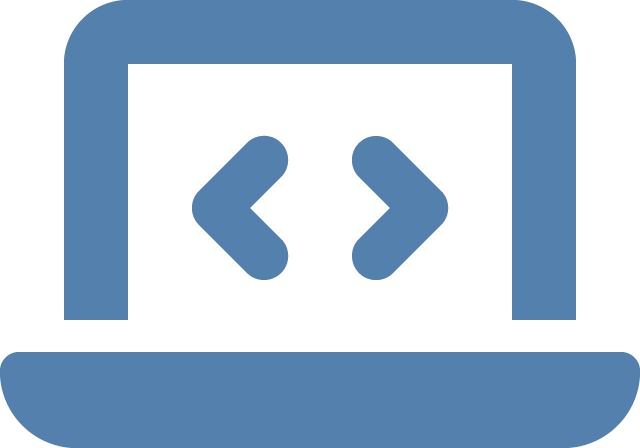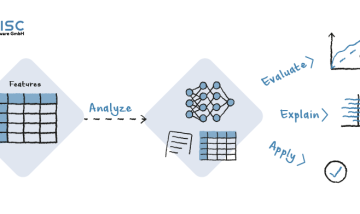CaTabRa
Analyze and validate data automatically and use it to train machine learning models.
Data is now collected in almost all areas of life – be it the products purchased when shopping online, movement and nutrition information in fitness apps, or machine data in the production process. A frequent goal of this: to make predictions automatically: Which target groups should my product be suggested to? What weight loss can I expect if I run a lap every day? When do I have to replace the wearing parts of my machines in order to have the shortest possible downtimes? Complex analysis activities and technical expertise are required to make such predictions possible. This effort cannot always be invested in projects.
CaTabRa is an open source tool for automating steps in the analysis of tabular data and the development of predictive models. It is suitable for domain experts without technical know-how as well as for data scientists who want to efficiently extract information from their data. Statistical analysis, training of machine learning models, explanation of model decisions, validation of input data. All this is done with little effort!

Advantages of using CaTabRa
It makes the analysis of data easier and more efficient – you can quickly and easily gain insight into the data to determine, for example, whether the use of machine learning methods makes sense.
It creates appealing visualizations that can be used directly in publications.
In contrast to similar cloud solutions, no sensitive data needs to be uploaded – everything happens locally.
The focus is on flexibility: CaTabRa can be easily extended so that the process can be customized using your own methods. In addition, a variety of configurations are offered out-of-the-box.
CaTabRa is also a Python library that provides the individual features as well as methods for data preparation via programming interfaces.
If you want to try CaTabRa, you can find it on GitHub.







